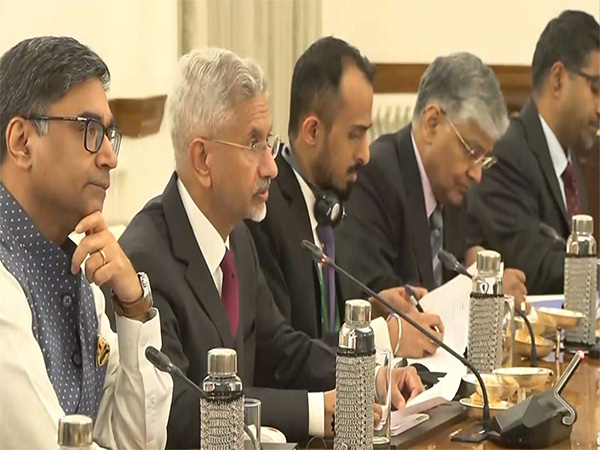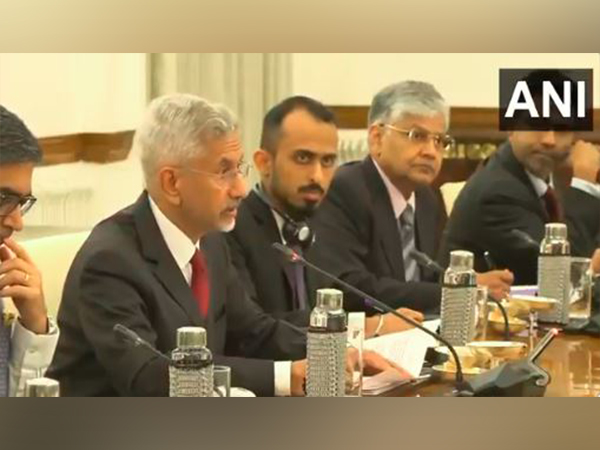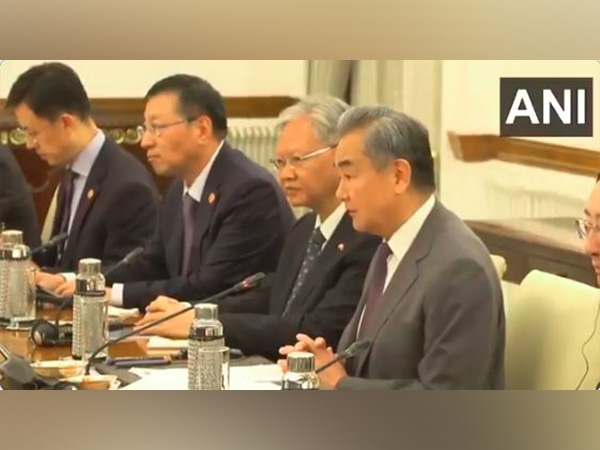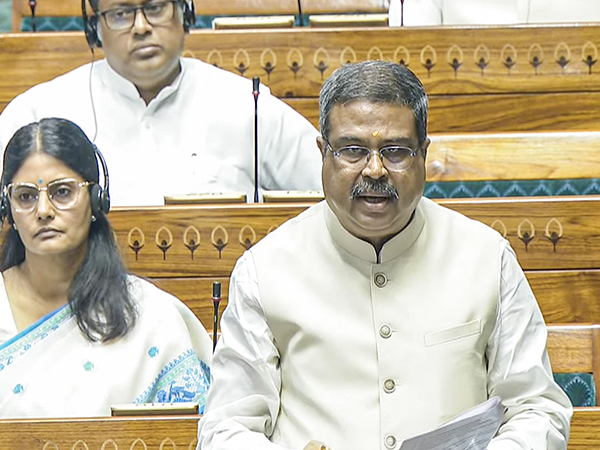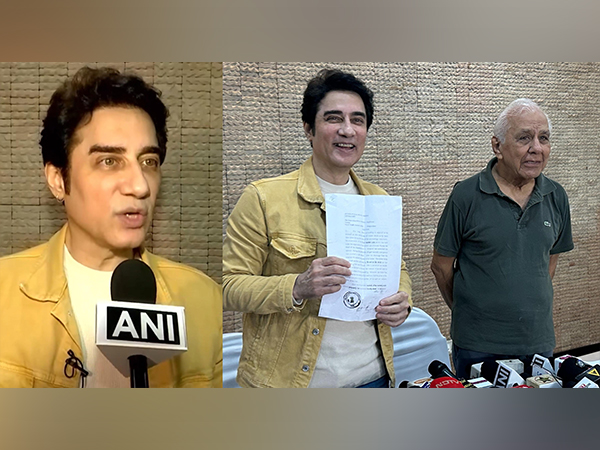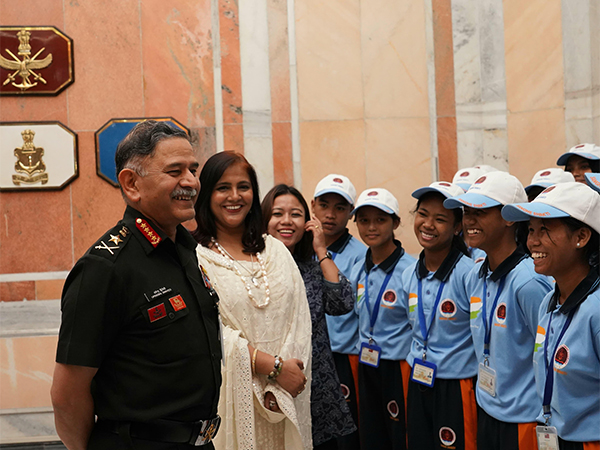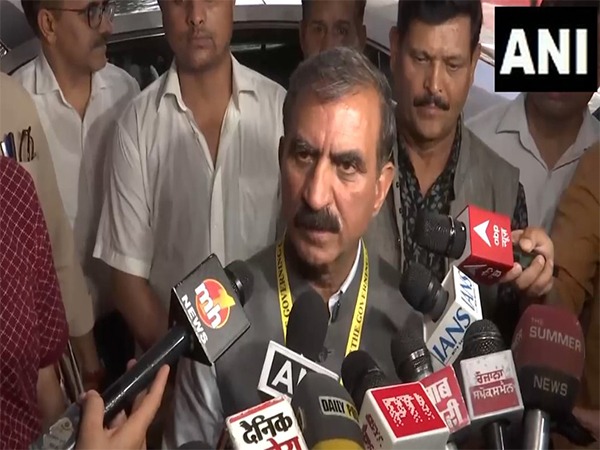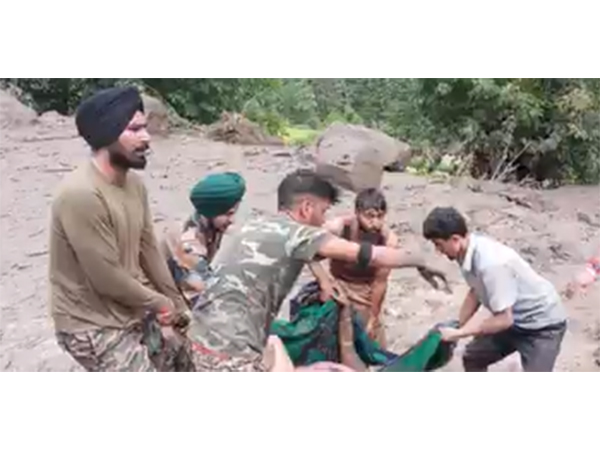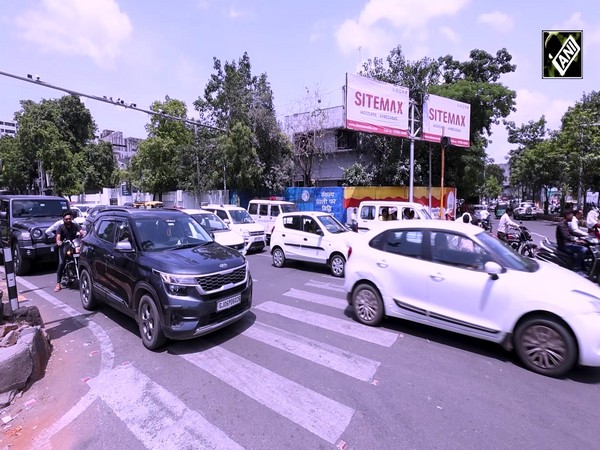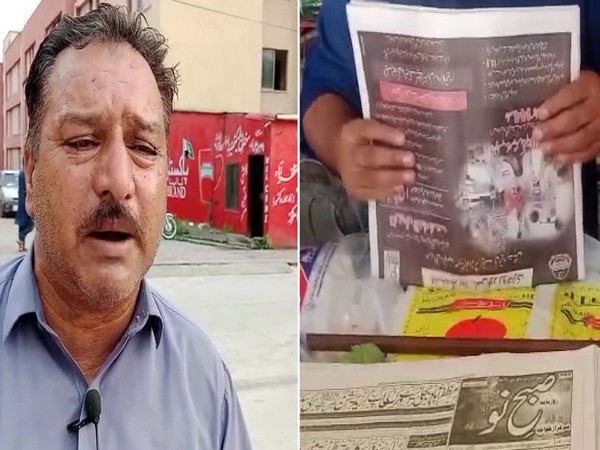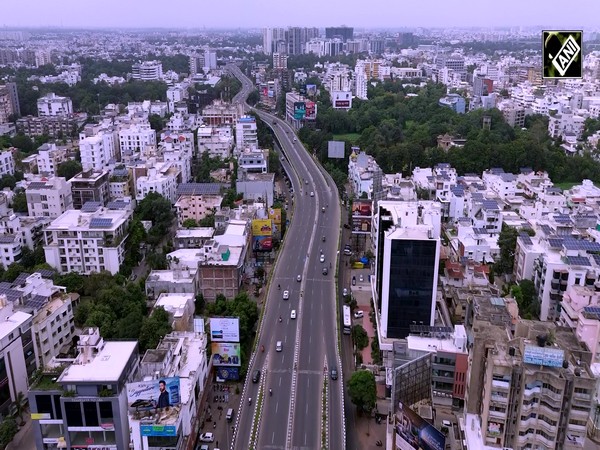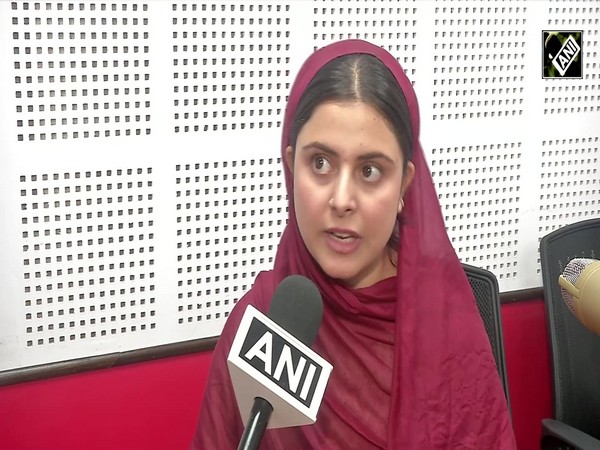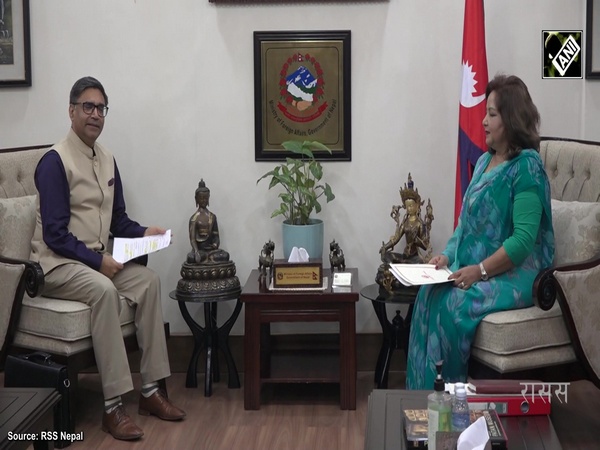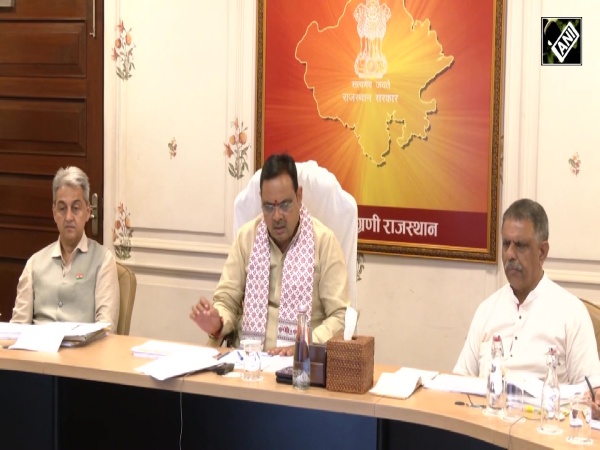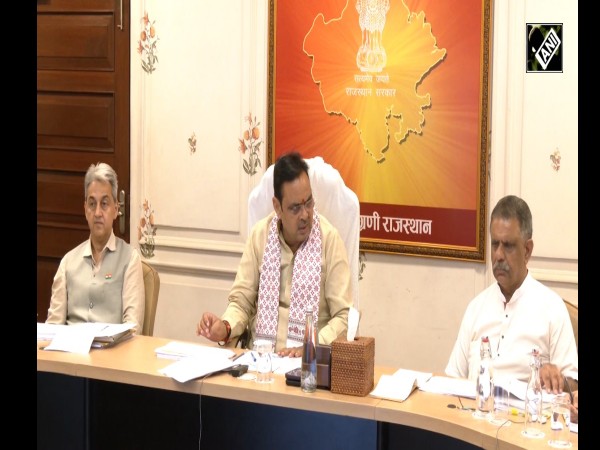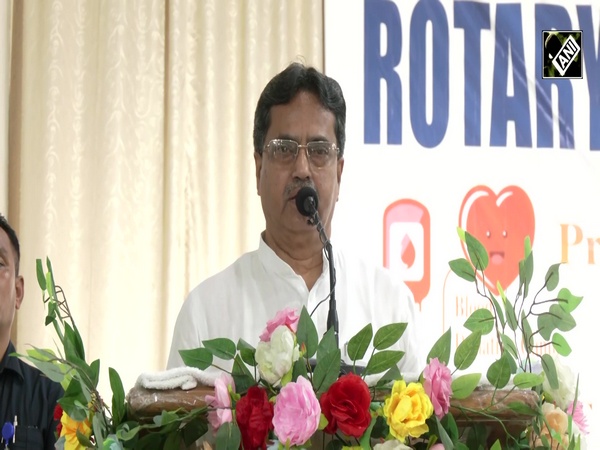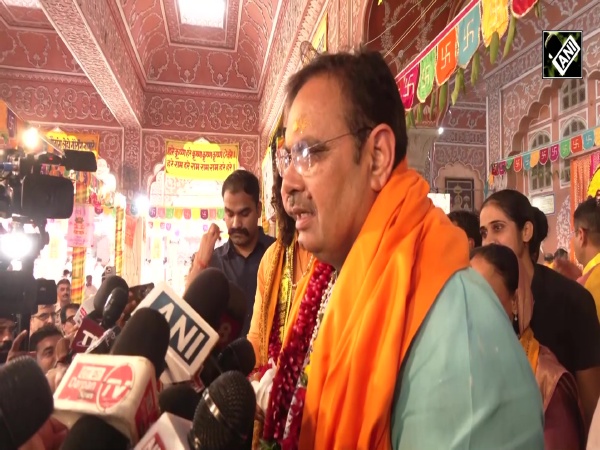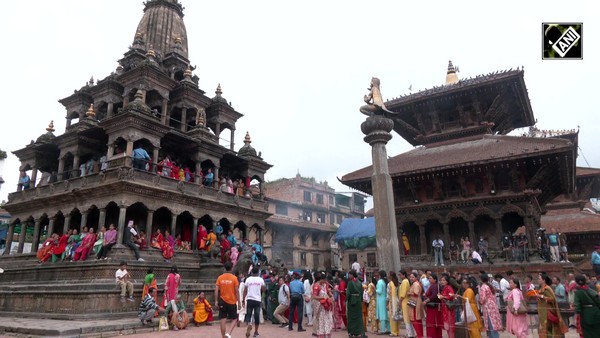India, Bangladesh reiterate commitment to free, open, inclusive, secure and rules-based Indo-Pacific
Jun 23, 2024

New Delhi [India], June 23 : India and Bangladesh have reiterated their commitment to a free, open, inclusive, secure, and rules-based Indo-Pacific region. The two nations pledged to co-lead the Disaster Risk Reduction and Management pillar of the Indo-Pacific Oceans Initiative (IPOI) and cooperate to mitigate disaster risks.
A joint statement was issued following the meeting between Prime Minister Narendra Modi and his Bangladeshi counterpart, Sheikh Hasina, during the latter's two-day State visit to India.
The joint statement released by India and Bangladesh reads, "Recognizing the contribution of our partnership to peace, security and stability in the region, we reiterate our commitment to a free, open, inclusive, secure, and rules-based Indo-Pacific region."
"Based on our converging visions for the Indo-Pacific region and recognizing the vulnerability of the region to adverse impacts of climate change, we will co-lead the 'Disaster Risk Reduction and Management' pillar of the Indo-Pacific Oceans Initiative (IPOI), and cooperate to mitigate disaster risks, build disaster resilient infrastructure, and contribute to the sustenance of our shared maritime region," it added.
The two nations pledged to work together on global platforms to promote their common interests, particularly those of the Global South.
"With our wide-ranging bilateral cooperation, we also envision India-Bangladesh relationship to become a major anchor for regional and sub-regional integration under the BIMSTEC, SAARC and IORA architectures. We will work together on global platforms to promote our common interests, especially the interests of Global South," the joint statement said.
According to the joint statement, India and Bangladesh need to take the relationship to a "deeper and higher quality relationship" based on mutual trust and benefit in the coming days.
India and Bangladesh committed to strengthening trade and investment linkages with each other, including through the early commencement of negotiations for a Comprehensive Economic Partnership Agreement (CEPA), the early operationalization of two Special Economic Zones (SEZs) offered by Bangladesh to India in Mongla and Mirsharai, the opening of new border-haats, trade facilitation to enhance bilateral trade, and improving road, rail, air, and maritime connectivity.
The joint statement reads, "Resolving to work towards promoting the prosperity of our people, we will strengthen trade and investment linkages with each other, including through early commencement of negotiations for a Comprehensive Economic Partnership Agreement (CEPA), early operationalization of two Special Economic Zones (SEZs) offered by Bangladesh to India in Mongla and Mirsharai, opening of new border-haats, trade facilitation to enhance bilateral trade, improving road, rail, air, and maritime connectivity and trade infrastructure which can transform our geographical proximity into new economic opportunities for our peoples. We will also encourage and support our private sector to seek new investment opportunities in each other's priority areas of economic development."
India and Bangladesh agreed to strengthen defence cooperation with a long-term perspective. The two sides will continue to work together for multifaceted military engagements of exercises, training and capability development.
The joint statement reads, "Appreciating the significant role of the two countries in ensuring peace, stability and harmony in the region, we will strengthen our defence cooperation with a long-term perspective."
"In line with the plans for modernization of the Bangladesh Armed Forces, we will explore defence industrial cooperation for modernization of the Armed Forces of Bangladesh, to strengthen their capability for defence. We will continue to work closely with Bangladesh for our multifaceted military engagements of exercises, training and capability development," it added.
Considering the importance of water resource management in our bilateral relationship, the two nations continue to engage in prioritising the exchange of data and formulating the framework for interim water sharing based on the recommendations of the Joint Rivers Commission.
India and Bangladesh welcomed the formation of a Joint Technical Committee to initiate discussions for the renewal of the Ganges Water Sharing Treaty of 1996, according to the joint statement.
The joint statement further reads, "As part of our development cooperation, we will also undertake conservation and management of Teesta River inside Bangladesh with Indian assistance within a mutually agreed timeframe."
On June 21, Bangladesh PM Sheikh Hasina arrived in India on a two-day State visit at the invitation of Prime Minister Narendra Modi. The newly appointed Minister of State (MoS) for External Affairs, Kirtivardhan Singh, welcomed the visiting Bangladesh PM at the airport upon her arrival.
This was the first incoming bilateral State visit after PM Modi assumed office for the third consecutive term following the Lok Sabha elections. Notably, Sheikh Hasina was among the global leaders who attended the swearing-in ceremony of PM Modi on June 9.
